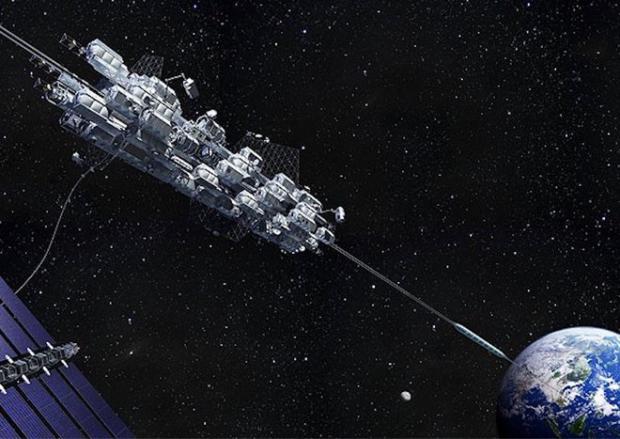
Breaking News
 Food Banks All Over The U.S. Are Being Overwhelmed By A Tsunami Of Hungry People
Food Banks All Over The U.S. Are Being Overwhelmed By A Tsunami Of Hungry People
 Kids' Online Safety Laws Could Dig a Graveyard for Speech and Privacy
Kids' Online Safety Laws Could Dig a Graveyard for Speech and Privacy
 The Only REAL Solution to Digital ID - #SolutionsWatch
The Only REAL Solution to Digital ID - #SolutionsWatch
Top Tech News
 Japan just injected artificial blood into a human. No blood type needed. No refrigeration.
Japan just injected artificial blood into a human. No blood type needed. No refrigeration.
 The 6 Best LLM Tools To Run Models Locally
The 6 Best LLM Tools To Run Models Locally
 Testing My First Sodium-Ion Solar Battery
Testing My First Sodium-Ion Solar Battery
 A man once paralyzed from the waist down now stands on his own, not with machines or wires,...
A man once paralyzed from the waist down now stands on his own, not with machines or wires,...
 Review: Thumb-sized thermal camera turns your phone into a smart tool
Review: Thumb-sized thermal camera turns your phone into a smart tool
 Army To Bring Nuclear Microreactors To Its Bases By 2028
Army To Bring Nuclear Microreactors To Its Bases By 2028
 Nissan Says It's On Track For Solid-State Batteries That Double EV Range By 2028
Nissan Says It's On Track For Solid-State Batteries That Double EV Range By 2028
 Carbon based computers that run on iron
Carbon based computers that run on iron
 Russia flies strategic cruise missile propelled by a nuclear engine
Russia flies strategic cruise missile propelled by a nuclear engine
 100% Free AC & Heat from SOLAR! Airspool Mini Split AC from Santan Solar | Unboxing & Install
100% Free AC & Heat from SOLAR! Airspool Mini Split AC from Santan Solar | Unboxing & Install
Going Up? Waiting for the Space Elevator

The Japanese STARS-Me (Space Tethered Autonomous Robotic Satellite-Mini Elevator) payload arrived at the International Space Station (ISS) on Sept. 27, aboard Japan's robotic HTV-7 cargo spacecraft. The experiment was produced by researchers at Shizuoka University in Japan, in collaboration with Obayashi, a Japanese construction firm.
The experiment is scheduled to be deployed into free space sometime Saturday (Oct. 6) Japan time (which is 13 hours ahead of Eastern Daylight Time), Japanese space officials have said. The test will involve a small box (a "climber") that will move along a cable some 30 feet (9 meters) long, which will be stretched tight between two cubesats. Cameras on the mini satellites will monitor the movement of the motorized box. [Building a 'Pillar to the Sky': A Space Elevator Q&A with Author William Forstchen]

 "Refusal to Disclose"
"Refusal to Disclose"

